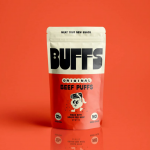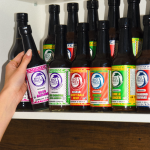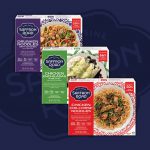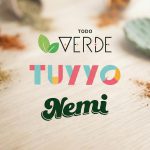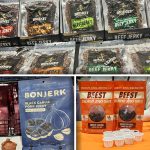Whole Foods: Impact Report Highlights Waste Reduction, Sustainable Sourcing
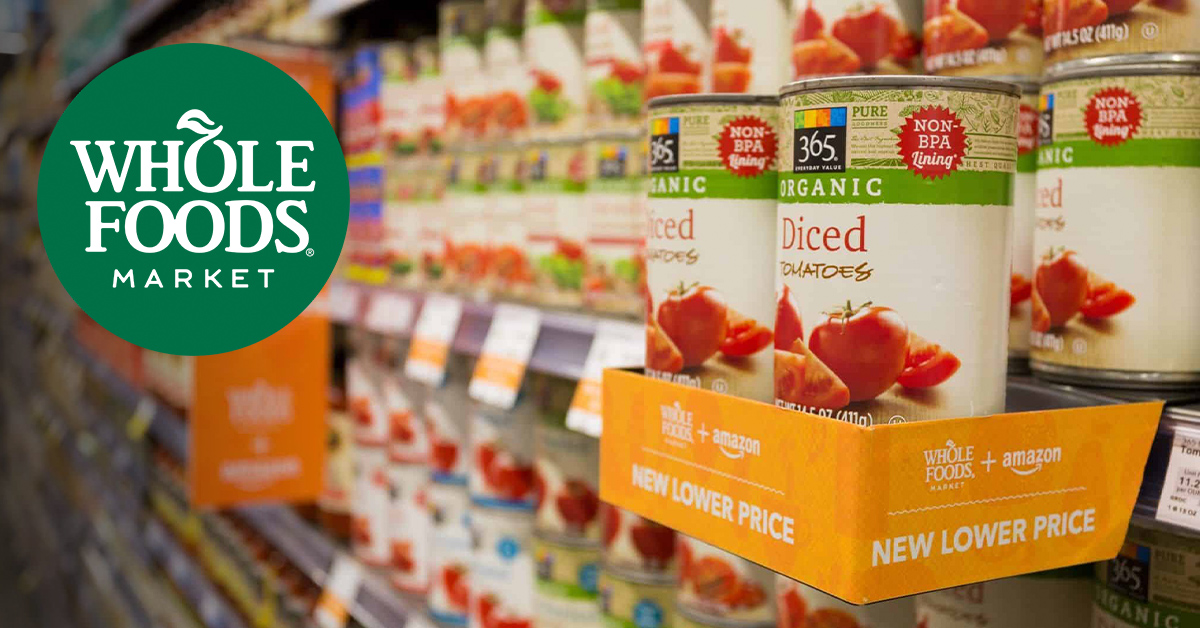
Whole Foods Market released its 61-page 2022 Impact Report on Tuesday, offering a detailed account of how the natural grocery chain has continued to innovate its product assortment, sourcing, packaging and brand assistance programs to create a socially and environmentally responsible grocery experience. Here are some of the main takeaways:
Product Assortment Centered On Organic Products
Abiding by its certification as the only U.S. organic national grocer, Whole Foods reported nearly 37,500 active organic products on shelves as of last year. The grocer added over 2,300 new organic products to its stores with over 1,200 coming from the 365 by Whole Foods Market private label brand. As of the end of 2022, there are over 3,000 products under the 365 brand.
The company’s other private label brand, Whole Foods Market, also maintains “strict Quality Standards” regarding sourcing and sustainability. That includes Animal Welfare Certification for meat and poultry products; Fair Trade USA or Fairtrade International certified chocolate, cocoa, vanilla, shea, coffee, and tea; and the prohibition of palm oil in food and beverage products.
As land stewardship and animal welfare have become a focus for environmental responsibility in food, Whole Foods on boarded more than 70 certified regenerative products along with another 200 that mention “regenerative” on the label. Additionally, the grocer’s private label brand released its first three Regenerative Organic Certified products: Whole Foods Market Organic Dried Mango, Organic Red Lentils and Organic French Green Lentils.
Reducing Waste Through Rethinking Packaging
Whole Foods has been on a mission to reduce waste in its production stream through packaging initiatives. The company diverted over 127,000 tons of waste from going to landfills as a result of recycling programs that are in 510 Whole Foods Market locations (about 96% of stores). In total, the company reported it had diverted 72% of its food and packaging waste through composting and recycling programs.
In addition to its recycling programs, the company created a waste diversion handbook for stores that was developed in partnership with key stakeholders. Whole Foods, with help from its parent company Amazon, also began to implement a variable insulation system for deliveries diverting about 900 tons of packaging from the waste stream.
The company said in the report that it was “working toward” 100% reusable, recyclable or compostable packaging in both its private label products and its in-store food service.
Accelerating Emerging Brand Growth With Loans
The Local Producer Loan Program (LPLP) has been Whole Foods main mechanism to help emerging brands grow providing small-scale suppliers grow their businesses. In 2022, the LPLP provided seven loans totaling nearly $1.8 million bringing its total loan investment to 375 loans representing roughly $28 million in capital over the course of the program’s 17 years.
Last year also marked the inaugural launch of the Whole Foods Local and Emerging Accelerator Program (LEAP) that guided nine participating brands through a 10-week curriculum as well as a yearlong mentorship program and a potential for financial support to promote business growth.


